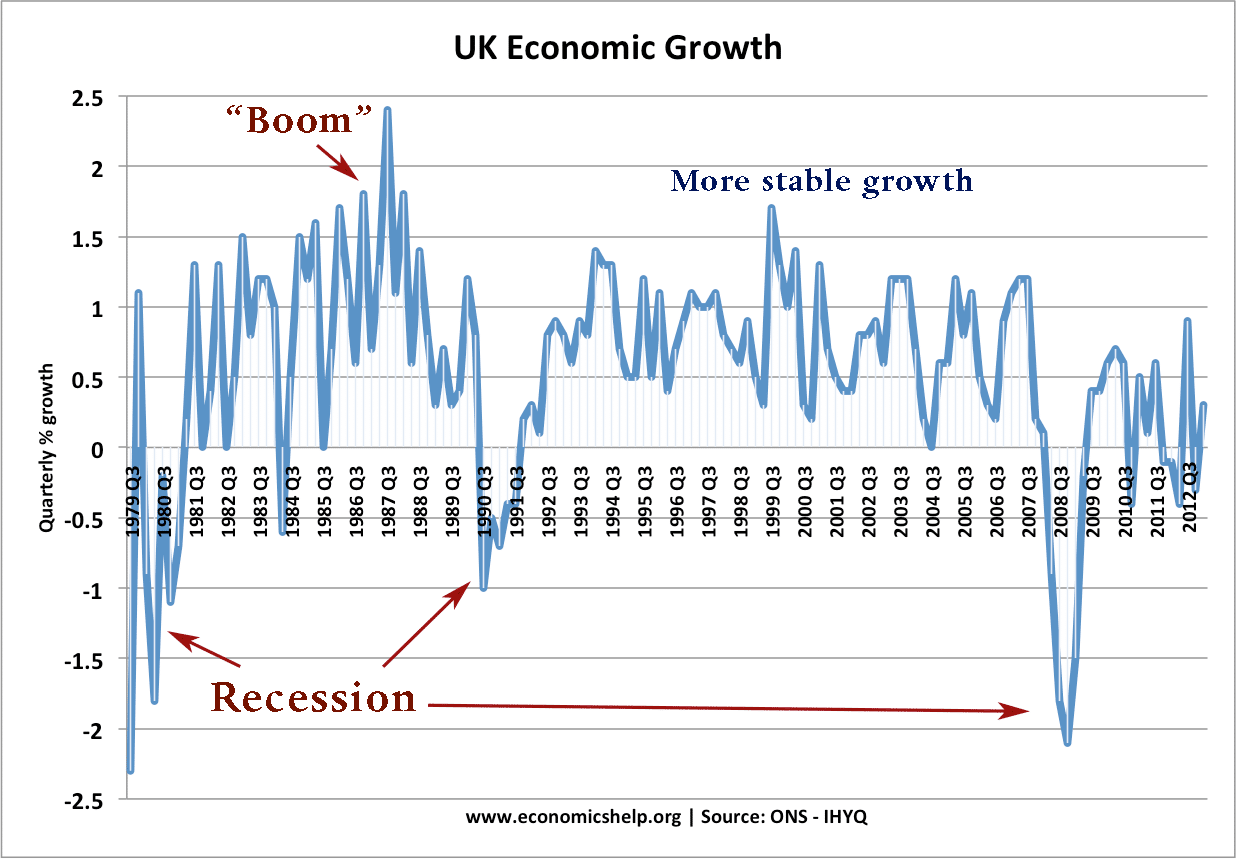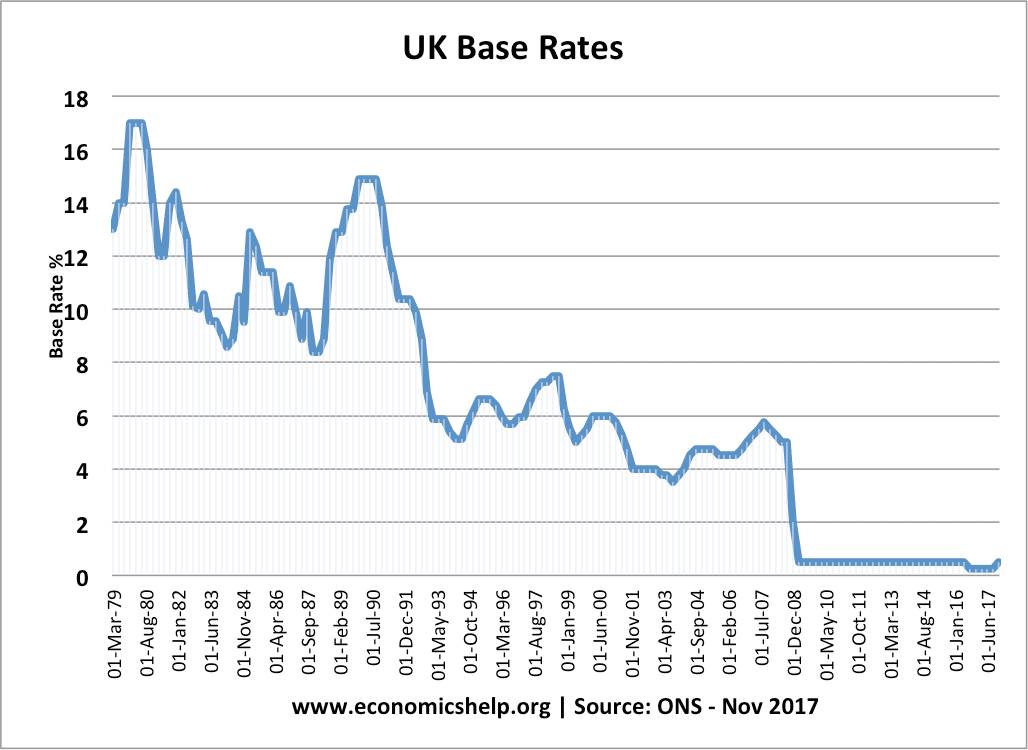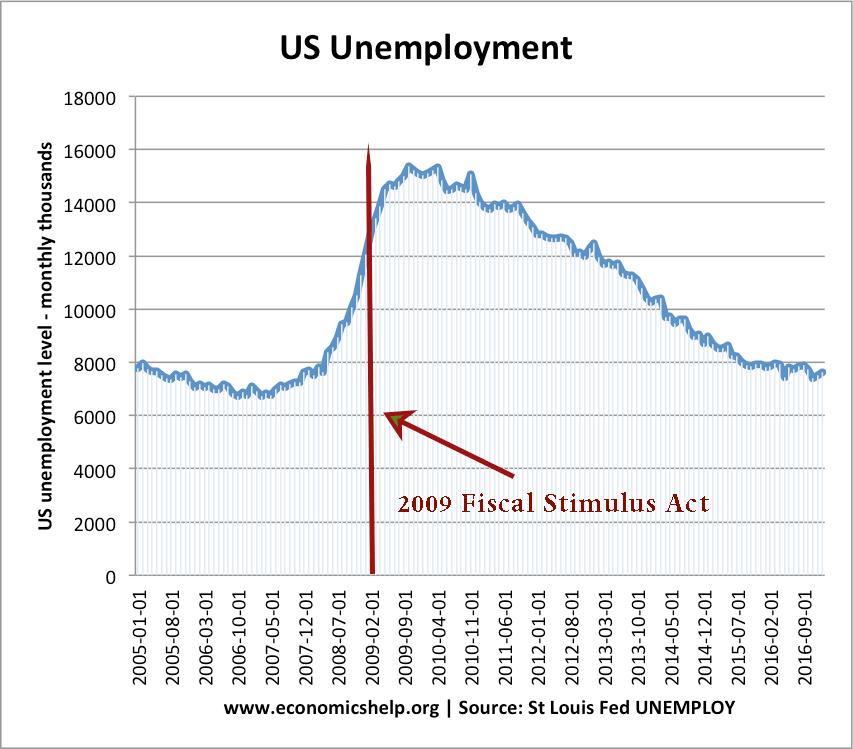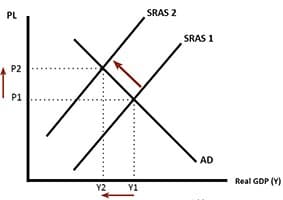Trades Unions
Trade unions provide an organisation for workers to have joint representation with their employers. Trade unions have several functions: Represent workers with regard to pay and working conditions. Bargain for higher wages with the possibility of going on strike to target higher wages. Co-ordinate with firms to implement new working practises and negotiations with workers …





